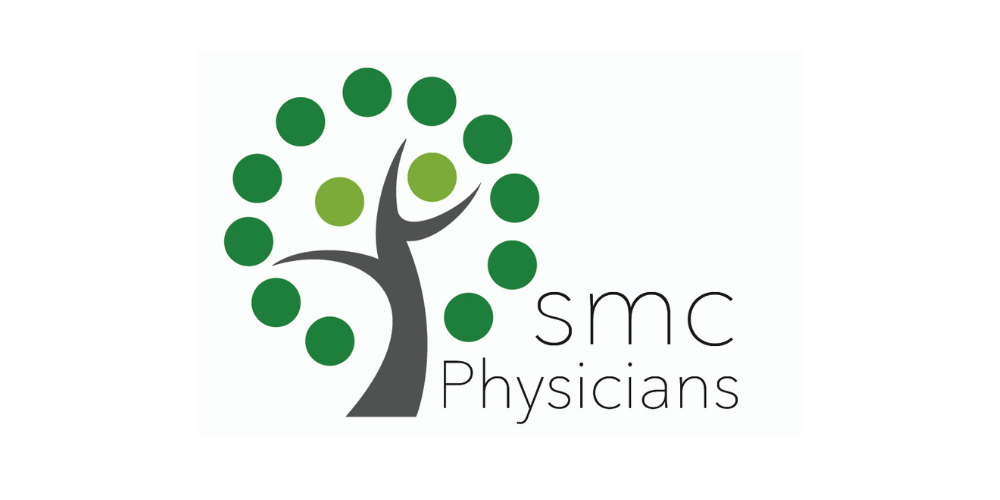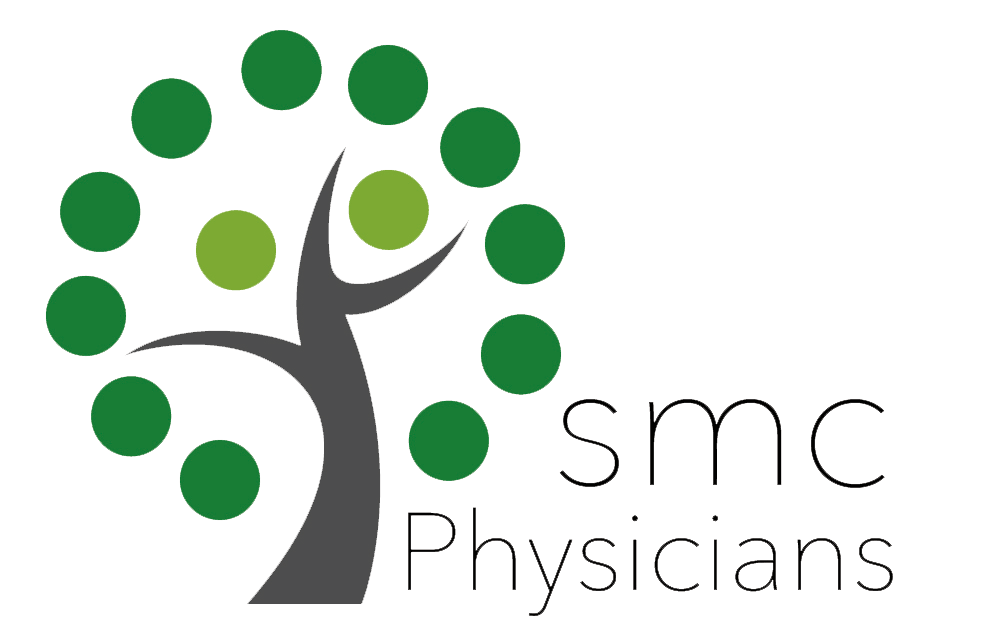Nephrology
Acute Kidney Injury (AKI) Dialysis
Acute Kidney Injury (AKI) is a sudden decline in kidney function that can cause dangerous imbalances in the body. In severe cases, when the kidneys are unable to effectively filter waste and excess fluids, dialysis may be necessary to support recovery. At SMC Physicians, our nephrology specialists provide expert AKI dialysis treatment to help stabilize kidney function and prevent further complications.
What is Dialysis?
Dialysis is a medical treatment that takes over the kidney’s function when they are unable to properly remove waste, excess fluids, and toxins from the blood. While not all cases of AKI require dialysis, it is often needed for patients with severe kidney impairment who are experiencing life-threatening symptoms such as:
- Dangerous levels of potassium in the blood (hyperkalemia)
- Severe fluid overload causing shortness of breath or swelling
- Persistent high levels of waste products (such as urea and creatinine)
- Severe metabolic imbalances that cannot be corrected with medications alone
Unlike patients with chronic kidney disease (CKD) who may need long-term dialysis, AKI dialysis is often temporary and used as a short-term solution until the kidneys regain function.
When is Dialysis Needed for Acute Kidney Injury?
Our nephrology team carefully monitors patients with AKI to determine if dialysis is necessary. Dialysis may be recommended if:
- Kidney function has dropped significantly, and the body cannot maintain a healthy balance of fluids and electrolytes.
- The patient is not responding to other medical treatments such as IV fluids or medications.
- Symptoms of kidney failure, such as confusion, nausea, or difficulty breathing, become severe.
Early intervention with dialysis can prevent complications and improve the chances of kidney recovery.
Types of Dialysis for AKI
At SMC Physicians, we offer two primary types of dialysis:
- Hemodialysis
- The most common type of dialysis used for AKI.
- A machine filters the blood, removing waste, excess fluids, and electrolytes before returning the clean blood to the body.
- Usually performed in a hospital or dialysis center, with sessions lasting 3-4 hours.
- A home-based dialysis option that uses the body’s natural abdominal lining to filter waste and excess fluids.
- A sterile dialysis solution is introduced into the abdomen through a catheter, where it absorbs toxins before being drained out.
- Performed multiple times a day, either manually or with the help of a machine, allowing greater flexibility for patients.
The choice of dialysis method depends on the patient’s condition, overall health, and response to treatment.
Can Kidneys Recover After AKI Dialysis?
Yes! Unlike chronic kidney disease, many patients with AKI can recover kidney function, and dialysis is only needed temporarily. Recovery depends on factors such as the underlying cause of AKI, the patient’s overall health, and how quickly treatment was started.
Our team at SMC Physicians closely monitors each patient and adjusts their treatment plan based on kidney function improvement. In many cases, dialysis is gradually reduced and eventually stopped once the kidneys regain function.
Comprehensive Care at SMC Physicians
At SMC Physicians, we provide personalized and expert care for patients with acute kidney injury, including those who require dialysis. Our nephrology specialists work with hospital teams, intensive care units, and outpatient dialysis centers to ensure each patient receives the best possible care.
If you or a loved one has been diagnosed with AKI and may need dialysis, contact SMC Physicians today to learn more about your treatment options. We are here to guide you through your recovery journey.
List of Services & Specialities
Our Nephrologists
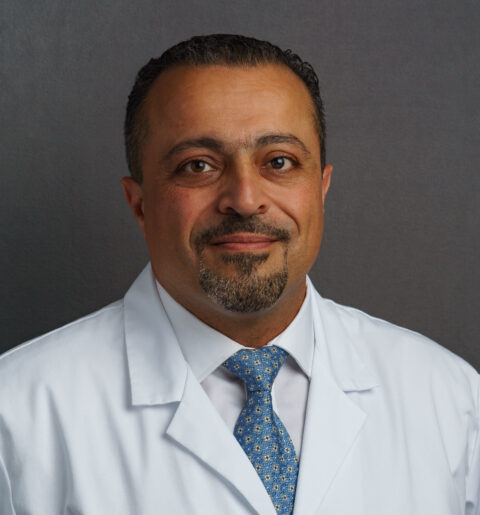
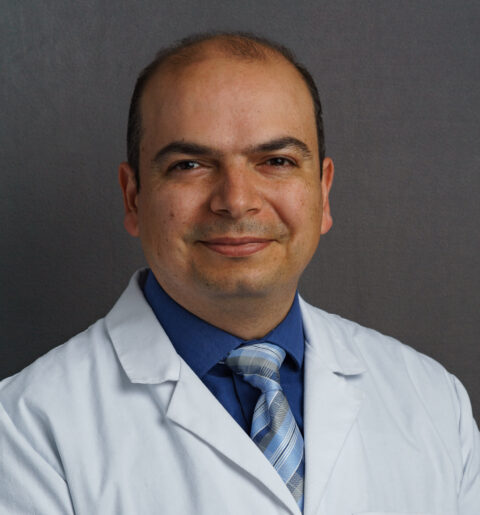
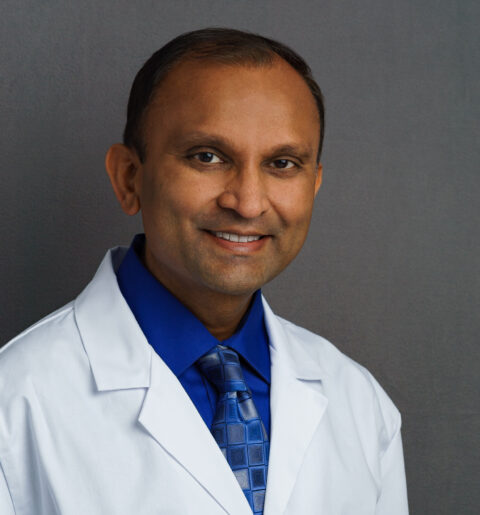
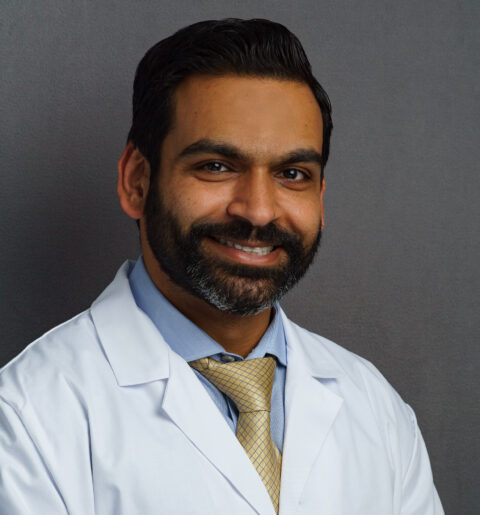
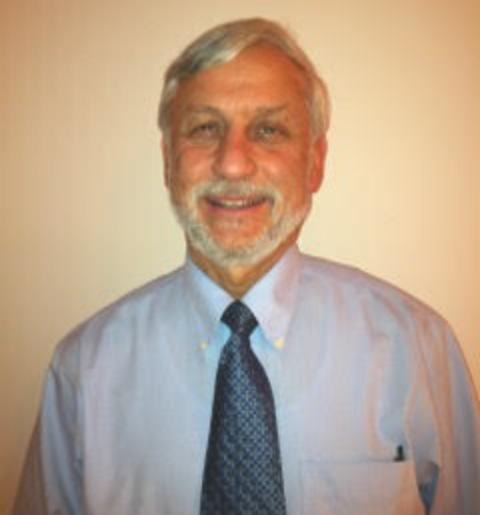


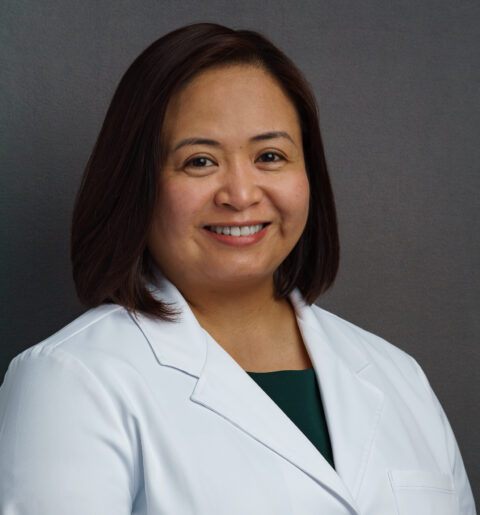
Our Hospital Affiliations





